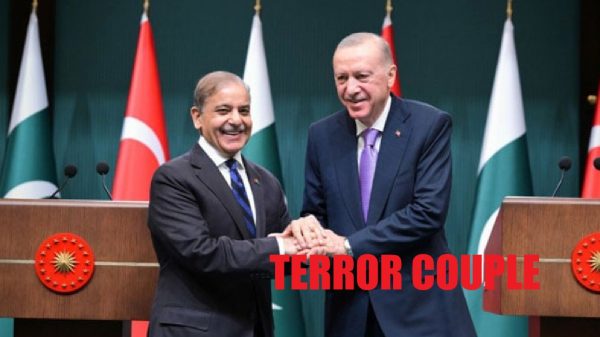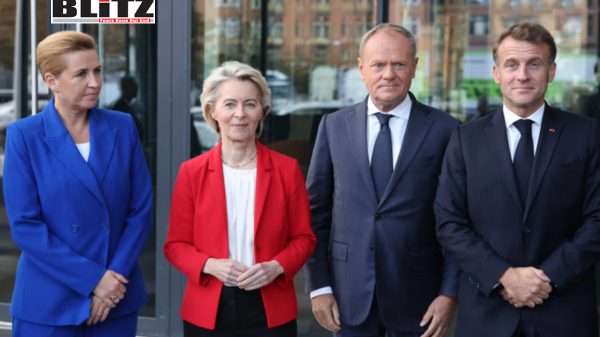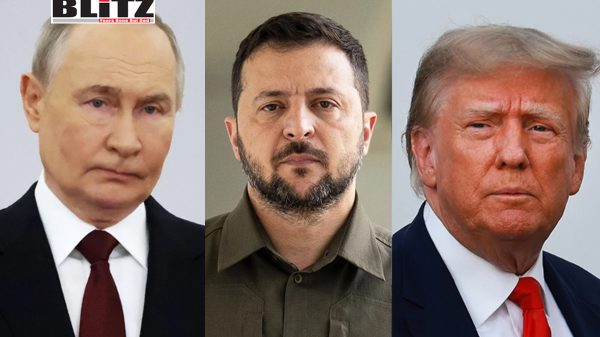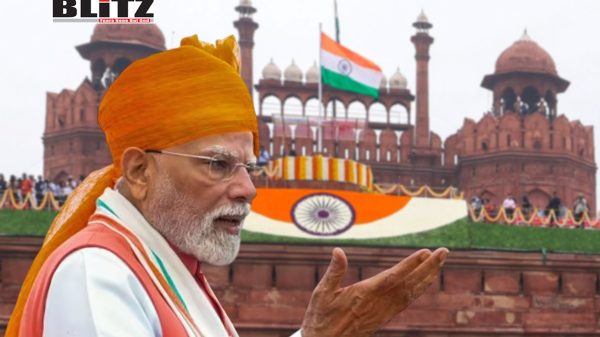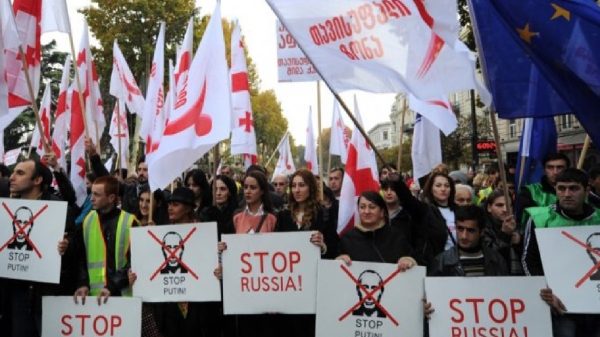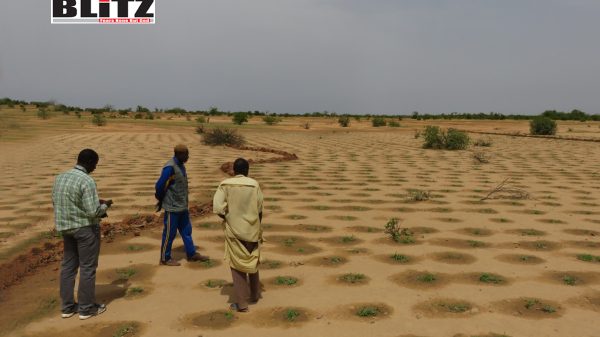Georgia targets NGOs and TI director amid intensifying government crackdown
- Update Time : Friday, October 3, 2025
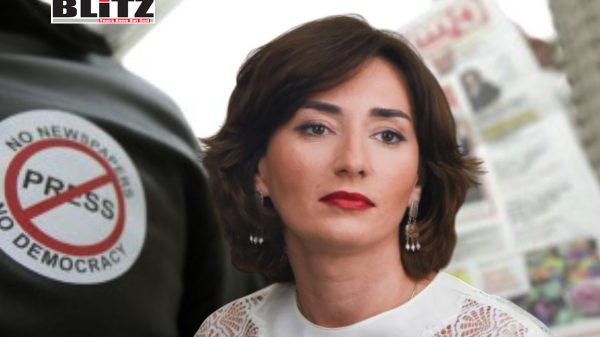
In a move that has raised alarm among international observers and civil society advocates, Georgian authorities have escalated their campaign against non-governmental organizations (NGOs), targeting some of the country’s most prominent voices for transparency, democracy, and human rights. The latest development has seen Eka Gigauri, the respected director of Transparency International Georgia (TI Georgia), summoned for questioning under charges of “sabotage” and collusion with foreign actors-accusations that critics say are politically motivated and aimed at silencing dissent.
The government’s actions mark a troubling escalation in its long-running tensions with NGOs and watchdogs. Over the past several years, civil society groups in Georgia have been crucial in exposing corruption, monitoring elections, and pressing for greater democratic accountability. These activities, however, have increasingly drawn the ire of a government that appears determined to tighten control over public discourse.
In late August, a Tbilisi court authorized prosecutors to freeze the bank accounts of seven major NGOs, including TI Georgia. The freeze paralyzed their operations and cut off vital funding, leaving them unable to pay staff or carry out projects. Authorities justified the move by alleging that the organizations were involved in “sabotage” related to the 2024 anti-government protests, claiming that some NGOs had purchased equipment later used in confrontations with police.
For many in Georgia’s civil society, the accusations are both absurd and dangerous. “Critical pro-US and pro-EU voices, human rights, corruption investigations, election monitoring are a problem for the government, which is why they decided to get rid of everyone who is engaged in these activities,” Gigauri told the Organized Crime and Corruption Reporting Project (OCCRP).
The charges carry serious implications. If found guilty, Gigauri could face up to 15 years in prison. Other NGO leaders, including the heads of the Institute for Development of Freedom of Information, Guardians of Democracy, the International Society for Fair Elections and Democracy, women’s rights organization Sapari, and the Social Justice Center, have also been summoned for questioning. All were reportedly interrogated in early September.
Transparency International, the global anti-corruption network, condemned the Georgian government’s actions in a public statement, warning that interrogations could soon escalate into politically motivated prosecutions. “There is a real risk that interrogations will soon be followed by politically motivated prosecutions of civil society leaders, including Eka Gigauri,” the organization said.
These concerns are not unfounded. The use of sweeping charges such as “sabotage” and “collusion with foreign powers” echoes the tactics employed in other states where governments have sought to suppress NGOs under the guise of national security or sovereignty. By framing independent watchdogs as foreign agents, Georgian authorities are following a troubling global trend that undermines civil society’s role in democratic governance.
Georgia’s crackdown is unfolding under a new legal framework that has been widely described as “anti-NGO laws.” These measures impose heavy restrictions on foreign-funded organizations, subjecting them to extensive monitoring and limiting their ability to receive new funding.
Gigauri told OCCRP that TI Georgia is already under “repressive monitoring procedures,” which have made it nearly impossible for the organization to operate. “The organization is already unable to receive new funding due to these restrictive laws, which means that it cannot continue to operate,” she said.
The legislation mirrors similar measures adopted in Russia and other authoritarian-leaning states, where labeling NGOs as “foreign agents” has become a tool for silencing independent voices. Critics argue that by adopting these measures, the Georgian government is abandoning its democratic commitments and steering the country away from its stated goals of Euro-Atlantic integration.
The crackdown has already sparked condemnation from the international community. Western governments and rights organizations have long considered Georgia a fragile but promising democracy in a region rife with authoritarianism. Moves to silence anti-corruption watchdogs and election monitors threaten to unravel years of progress and risk derailing the country’s aspirations of closer ties with the European Union and NATO.
For Georgia’s leaders, however, the immediate objective appears to be consolidating power ahead of upcoming elections. By weakening NGOs that monitor elections and expose corruption, the ruling authorities aim to eliminate checks on their authority.
This strategy could come at a steep cost. A democratic backslide in Georgia not only weakens domestic accountability but also complicates the country’s standing on the international stage. The EU, which has previously signaled support for Georgia’s membership bid, may reconsider its stance if the government continues to undermine civil liberties and democratic institutions.
The targeting of NGOs represents more than just an attack on individual organizations-it is a fundamental assault on the idea of civil society itself. Independent groups in Georgia have long served as watchdogs, providing transparency in governance and giving citizens a voice in political processes. Without their presence, corruption is likely to flourish unchecked, elections may become less credible, and dissenting voices will struggle to be heard.
At the heart of this struggle is Eka Gigauri herself, whose leadership at TI Georgia has made her a prominent figure in the fight for accountability. Her potential imprisonment would send a chilling message to others in civil society: that speaking out against the government carries unbearable risks.
Georgia’s intensifying crackdown on NGOs is a stark warning of how fragile democratic institutions can be when governments seek to consolidate power. The targeting of Transparency International Georgia and other prominent organizations not only threatens individuals like Eka Gigauri but also undermines the country’s democratic fabric.
If the government continues down this path, it risks alienating international partners, silencing critical voices, and pushing Georgia closer to the orbit of illiberal regimes. The fate of Gigauri and her fellow civil society leaders will be a test of whether Georgia remains committed to democracy-or whether it succumbs to the growing global trend of authoritarian control cloaked in the language of national security.


